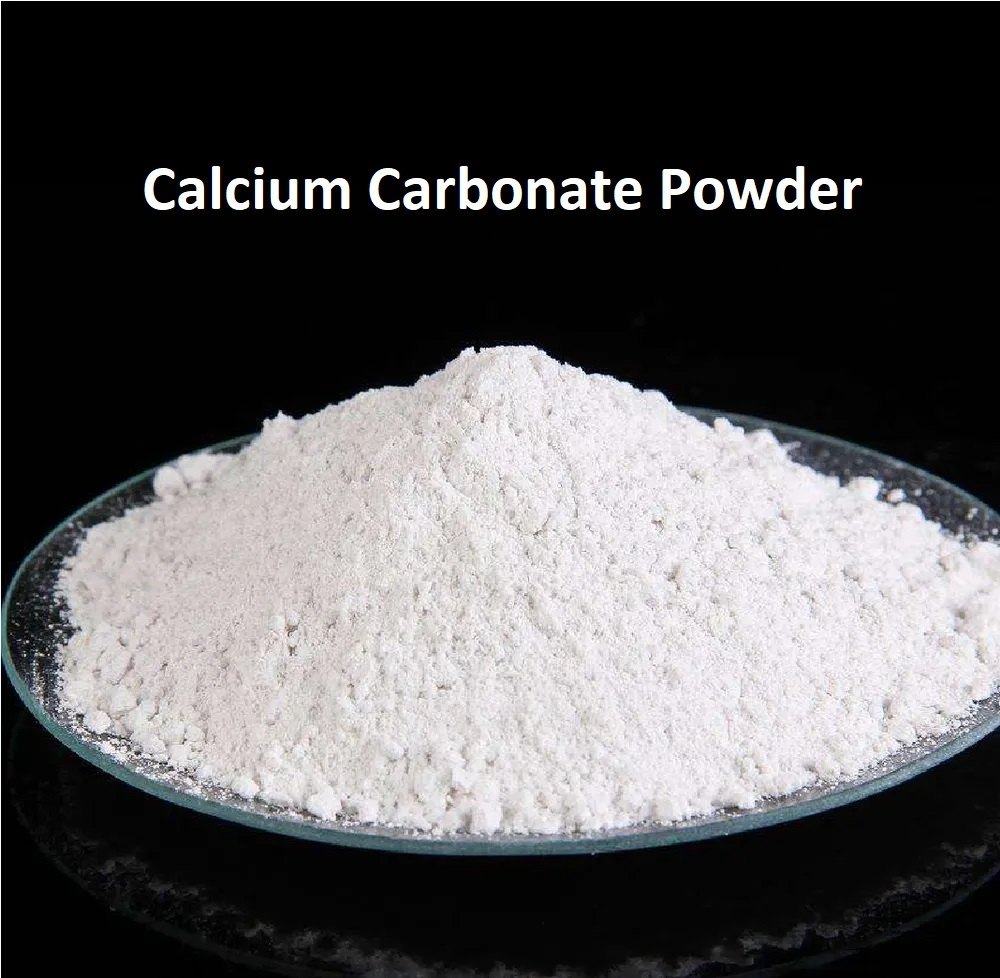Cement is one of the most essential materials used in construction today. Its strength and durability make it a key ingredient in the creation of buildings, roads, and various infrastructure projects. Among the various components used in making cement, calcium carbonate plays a crucial role.
The Role of Calcium Carbonate in Cement Production
Calcium carbonate is a naturally occurring mineral found in rocks like limestone. It is commonly used in the cement-making process because it provides the necessary calcium that helps form clinker, which is the core component of cement. When limestone or other forms of calcium carbonate are heated in kilns, they break down into lime (calcium oxide) and carbon dioxide. This lime is then mixed with other materials such as silica and alumina to form the clinker. This clinker is ground down to produce the fine powder we know as cement.
In this process, calcium carbonate acts as a source of calcium, which is vital for the chemical reactions that occur during cement formation. Without it, the cement wouldn’t have the strength and binding properties needed for construction. Therefore, calcium carbonate powder is an indispensable raw material in cement manufacturing.
Benefits of Using Calcium Carbonate in Cement
Using calcium carbonate in cement production offers several advantages. One of the key benefits is its abundance and availability. Limestone, from which calcium carbonate is derived, is widely available, making it an affordable choice for cement manufacturers. Additionally, calcium carbonate improves the efficiency of the cement production process by helping in the formation of clinker more easily.
Calcium carbonate also helps reduce the energy required to produce cement. Since it can be easily heated and broken down in kilns, it requires less energy than other alternatives. This leads to a more sustainable production process, reducing the carbon footprint of cement manufacturing.
Another benefit is the ability to control the cement’s final composition. By adjusting the amount of calcium carbonate powder used, manufacturers can control the cement’s properties, such as its setting time, strength, and durability. This makes it easier to produce cement that is suitable for different construction needs.
Environmental Impact and Sustainability
While calcium carbonate is a vital component in cement production, there are environmental considerations that manufacturers must address. The heating of calcium carbonate releases carbon dioxide into the atmosphere, contributing to greenhouse gas emissions. To tackle this issue, cement manufacturers are exploring ways to reduce emissions and improve sustainability.
Many companies are now working towards greener solutions, such as using more energy-efficient kilns and developing alternative materials that can partially replace calcium carbonate. Additionally, innovations in the cement industry are focused on reducing the amount of clinker required in cement, which in turn lowers the overall use of calcium carbonate and reduces carbon emissions.
Calcium carbonate manufacturers in India are also contributing to these efforts by improving extraction processes and minimizing the environmental impact of mining limestone. By focusing on sustainable practices, they help balance the demand for calcium carbonate with the need to protect the environment.
Conclusion
In summary, calcium carbonate is an essential ingredient in cement production. It provides the calcium required for forming clinker, improving the efficiency of the process, and helping to control the properties of the final product. While the use of calcium carbonate has some environmental impacts, efforts are being made to reduce these effects through innovation and sustainable practices. With its importance in construction and infrastructure, calcium carbonate will continue to play a crucial role in the cement industry, ensuring that the world’s building needs are met.
For manufacturers and builders alike, sourcing quality calcium carbonate powder remains a priority, and with several calcium carbonate manufacturers in India, access to this essential material is convenient and cost-effective.

